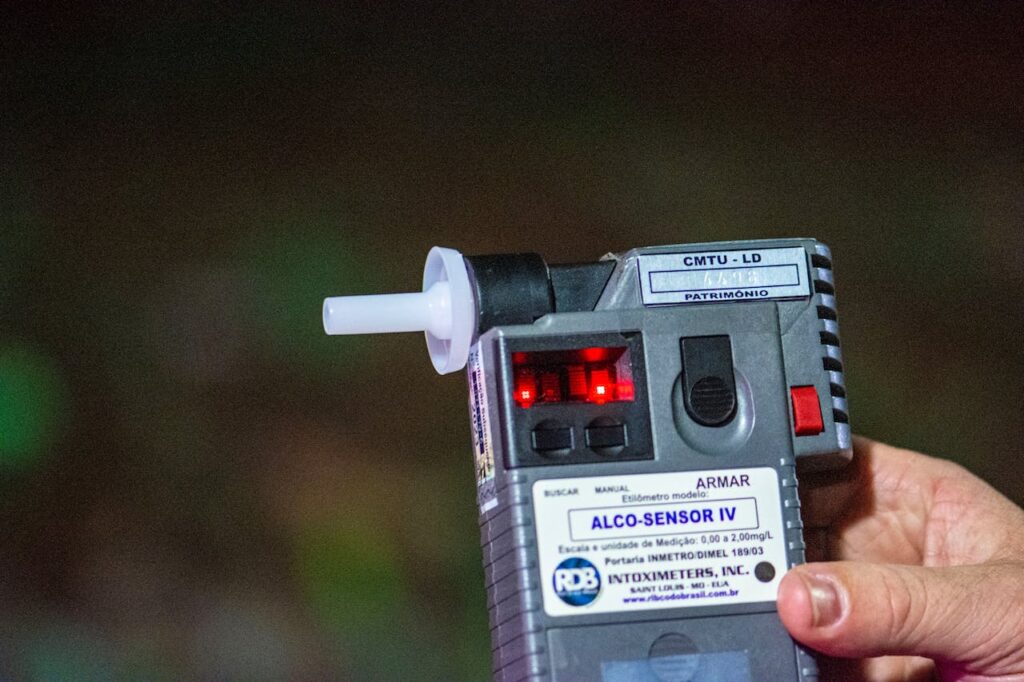What Makes a Breath Test Invalid?

The reliability of breath tests is paramount in ensuring accurate and fair assessments of an individual’s blood alcohol content (BAC). Understanding the factors that can render a breath test invalid is crucial for maintaining the integrity of legal proceedings and upholding justice. Numerous variables, ranging from the calibration of the breathalyzer device to an individual’s physiological characteristics, can influence the accuracy of the results. In this exploration, we delve into the intricacies of what makes a breath test invalid, examining the potential pitfalls and challenges associated with this widely used method for determining intoxication levels. By gaining insights into the factors that can compromise the validity of breath tests, we aim to shed light on the complexities of alcohol measurement and contribute to a more nuanced understanding of this critical aspect of legal and forensic procedures.
If you are pulled over and a police officer suspects that you are intoxicated, he can ask you to submit to a series of sobriety tests. Generally, the officer will use your performance on these tests to justify asking you to take a breath or blood test.
Issues that could potentially affect the validity of test results, as you mentioned, might include:
Location and Time Limits
Breathalyzer machines need to be regularly calibrated and maintained to ensure accurate results. If there are issues with the calibration, it could lead to inaccurate readings.
Operator Certification
The person administering the breath test must be properly trained and certified to do so. If the operator lacks the necessary qualifications, it could impact the credibility of the test results.
Chain of Custody
For blood tests, maintaining a proper chain of custody is crucial. This ensures that the blood sample is handled correctly from the time it is taken until it is analyzed. Any break in the chain of custody could raise doubts about the accuracy of the results.
Documentation and Procedures
Strict adherence to proper procedures is essential. Any deviations from established protocols could be grounds for challenging the validity of test results.
There are specific steps which must be taken when a breath or blood test is administered. If these steps are not followed exactly, then it is possible in some circumstances to have the results of the tests thrown out in some situations. Examples include the following:
- The machine needed to be properly calibrated or maintained.
- The person who took the test was not licensed to take the test.
- There is no complete study showing who touched the sample from when it was taken to when it was analyzed.
Individuals facing DUI charges often consult with legal professionals who specialize in DUI defense to explore possible defenses, including questioning the accuracy and reliability of the tests conducted.
It’s important to note that DUI laws and procedures can vary by jurisdiction, so it’s advisable to seek legal advice specific to the relevant jurisdiction. If you are dealing with a DUI case in Colorado, consulting with a Colorado-based attorney who specializes in DUI defense would be beneficial for personalized guidance based on the local laws and regulations.
Do you have further questions or concerns? Call us or contact the attorneys at Thomas & Ahnell, LLC, and we will be happy to help.
